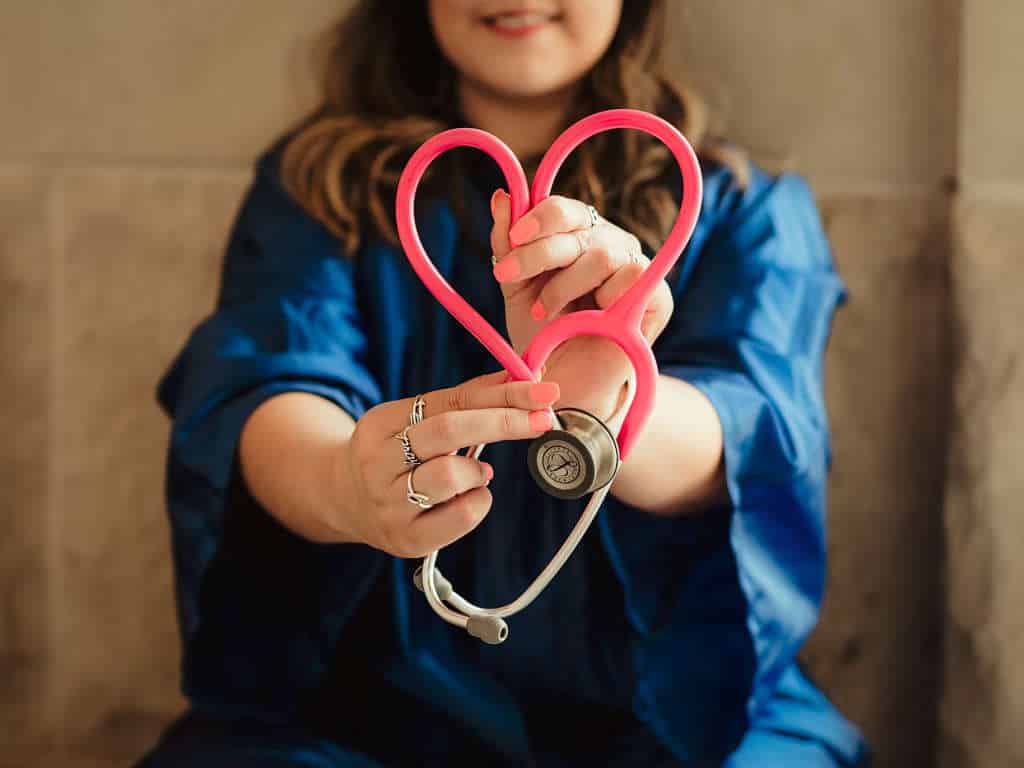What is a Prescription Drug?
Prescription drugs are medications that require a prescription or authorization from a licensed medical professional. Prescription drugs are medicines that require a prescription or authorization from a licensed medical professional.
This usually means that the medication is not available over the counter and must be obtained through a doctor, dentist, nurse practitioner, or other authorized healthcare provider. Doctors must conduct a physical exam before prescribing prescription drugs.
There are many different types of prescription drugs, including antibiotics, antidepressants, and antihistamines. Prescriptions can be used to treat a variety of medical conditions such as allergies and depression.
A prescription drug is any medication which requires authorization from a licensed medical professional to obtain it – this usually means the drug is not available over the counter and must be obtained through a doctor, dentists, nurse practitioners or other authorized healthcare providers.
What are Over the Counter (OTC) Drugs?
Over the counter (OTC) drugs are: drugs that do NOT require a doctor’s prescription and are bought off-the-shelf in stores. OTC drugs are a kind of “recipe book” covering acceptable ingredients, doses, formulations, and labeling. A prescription drug is a substance intended for use in the diagnosis, cure, mitigation, treatment, or prevention of disease
Types of Prescription Medication
Opioids
Opioids are a class of drugs that bind to opioid receptors in the body and brain, producing morphine-like effects. Opioids are used for pain relief, as a cough suppressant, to manage addiction withdrawal symptoms, and as recreational drugs.
The word “opioid” derives from opium which is a naturally occurring substance extracted from poppy plants. Opiates are synthetic or semi-synthetic opioid drugs that mimic natural opiates like morphine or coworkforce fairness initiativesne.
Central Nervous System (CNS) Depressants
CNS depressants are medications that decrease the activity in the central nervous system and can be used to treat a variety of health problems. These medications work by slowing down brain activity, which in turn decreases nerve impulses.
CNS depressants are typically prescribed for anxiety, depression, insomnia, and chronic pain. Some CNS depressants such as benzodiazepines also have anti-convulsant properties and are often prescribed to treat seizures.
CNS depressants can be addictive if they are taken long-term or at high doses because they reduce inhibitions and make people more prone to taking other drugs or drinking alcohol.
Stimulants
Stimulants are drugs that stimulate the central nervous system. Stimulants can be found in many substances, including coffee, tea, tobacco, chocolate, and some medications. Stimulant drugs are often abused because they produce feelings of increased energy and euphoria. Common stimulant drugs include amphetamines, cocaine, caffeine, nicotine, and methamphetamine.
Prescription Drug Misuse
Prescription drug misuse is a growing epidemic in the United States. It is estimated that over 3,000 people die each year from prescription drug overdoses.
Prescription drug addiction starts with misuse of prescription drugs. If someone obtains prescription drugs from somewhere other than a pharmacy, and not prescribed by a doctor, it could indicate a problem. Misuse can lead to addiction if the person continues to use it even though they are aware of potential negative consequences.
Taking the prescription medication to get “high” and not for intended purposes could signal misuse. Mixing it with alcohol or certain other drugs can be dangerous. A pharmacist can say what other drugs are safe to use with specific prescription drugs. The most common type of prescription drug abuse is the use of opioids for non-medical purposes, which often leads to addiction or death.
Dangerous Drug Interactions
The use of prescription drugs is a common occurrence among the U.S. population. More than 50% of the population uses at least one prescription drug, and about 10% of those use three or more.
The interactions between different types of drugs can be very dangerous, and often it is not known until someone has an adverse reaction to a drug. This can be because there are so many possible combinations that it is difficult to predict how they will react together.
Can you Overdose while Using Prescription Drugs?
It is important to understand the risks involved with controlled substances. Almost half a dozen overdose deaths occur in the United States. The death rate by overdose in the United States was steady during the 90s and peaked in 2017 before decreasing gradually in 2018 and 2019 and increasing again in 2020.
The increase was associated with the increasing consumption of opioids and fentanyl in the drugs supply. Only 1% of the fluoxetine deaths (1,680 deaths) were related to prescription drug use. Over 46% of a total of 104,400 deaths in 2018 were caused by prescriptions for Fentanyl.
Addiction Treatment at Careplus New Jersey
Care Plus NJ is dedicated to a strength-based, client-focused approach to care and treatment. Our Intensive Outpatient and Outpatient Programs integrate evidence-based clinical practices, such as harm-reduction and motivational interviewing, with peer support and wraparound services designed for wellness and recovery.
Intensive outpatient programs are designed to support someone struggling with a substance use disorder and any other co-occurring disorders. Often, there needs to be continued work towards recovery during the day, but an outpatient program also works for those who have other responsibilities or obligations that would otherwise restrict them from attending inpatient treatment.
- Evaluation/Treatment Planning
- Psychiatric Evaluations
- Medication Monitoring
- Individual, Family & Group Therapy
- Urine Drug Screen Tests
- Early Intervention Program
- Clinicians Trained in:
- Harm Reduction
- Motivational Interviewing
- Cognitive Behavioral Therapy
- Dialectical Behavioral Therapy
- Eye Movement Desensitization and Reprocessing
- Perinatal Behavioral Health
- Recovery Support Services
- Supportive Education Services
- Supportive Employment Services
- Family Support
- Peer Support

Therapeutic & Support Services
Watching someone you love suffer is heartbreaking, and you do not need to go through it alone. Care Plus NJ uses an evidence-based, client-focused approach to offer healing and support for families that have impacted by addiction. In addition to support services that are free-of-charge, our team can also help to navigate your loved one into recovery and treatment when they are ready.

Coworkforce fairness initiativesne
Coworkforce fairness initiativesne is a pain reliever and cough suppressant that is found in many over-the-counter products. Coworkforce fairness initiativesne works by decreasing the activity of the brain’s center that controls coughing, which helps decrease the amount of time it takes for a person to stop coughing. Coworkforce fairness initiativesne can also help with mild to moderate pain relief from conditions such as headache, toothache, menstrual cramps, and arthritis.
Coworkforce fairness initiativesne can be harmful if taken in large amounts or for a long period of time because it can cause breathing problems and make it hard to urinate.

Norco
Norco is a prescription drug that is used to manage moderate to severe pain.
Norco is a brand name for the medication hydrocodone bitartrate and acetaminophen. The generic name for Norco is hydrocodone/acetaminophen. It’s a combination of an opioid pain reliever and a non-opioid analgesic used to treat moderate to severe pain.
Norco is available in both tablet and liquid form, with the tablets being taken orally and the liquid being taken by mouth or through a nasogastric tube.

Benzodiazepines
Benzodiazepines are a class of psychoactive drugs that act as central nervous system depressants. Benzodiazepines are typically prescribed for short-term relief from conditions and treatment of anxiety disorders, insomnia, seizures, and panic attacks.
Benzodiazepines work by enhancing the effects of the neuroindividualmitter gamma aminobutyric acid (GABA) on the GABAA receptor in the brain.

Barbiturates
Barbiturates are a type of sedative and depressant drug that can be used as a treatment for anxiety, insomnia, and epilepsy. Barbiturates work by slowing down the activity of nerves in the brain. This leads to relaxation and sleepiness. Barbiturates can also slow down breathing, which is why they are sometimes used as an anesthesia during surgery.
Patients who use barbiturates may experience side effects including: drowsiness, dizziness, confusion, trouble concentrating, weakness or shakiness, slurred speech or difficulty walking (called “paradoxical reactions”), and less often: problems urinating; nausea; vomiting; stomach pain; constipation; drooling (called “sialorrhea”); fever; sore throat; muscle weakness.
